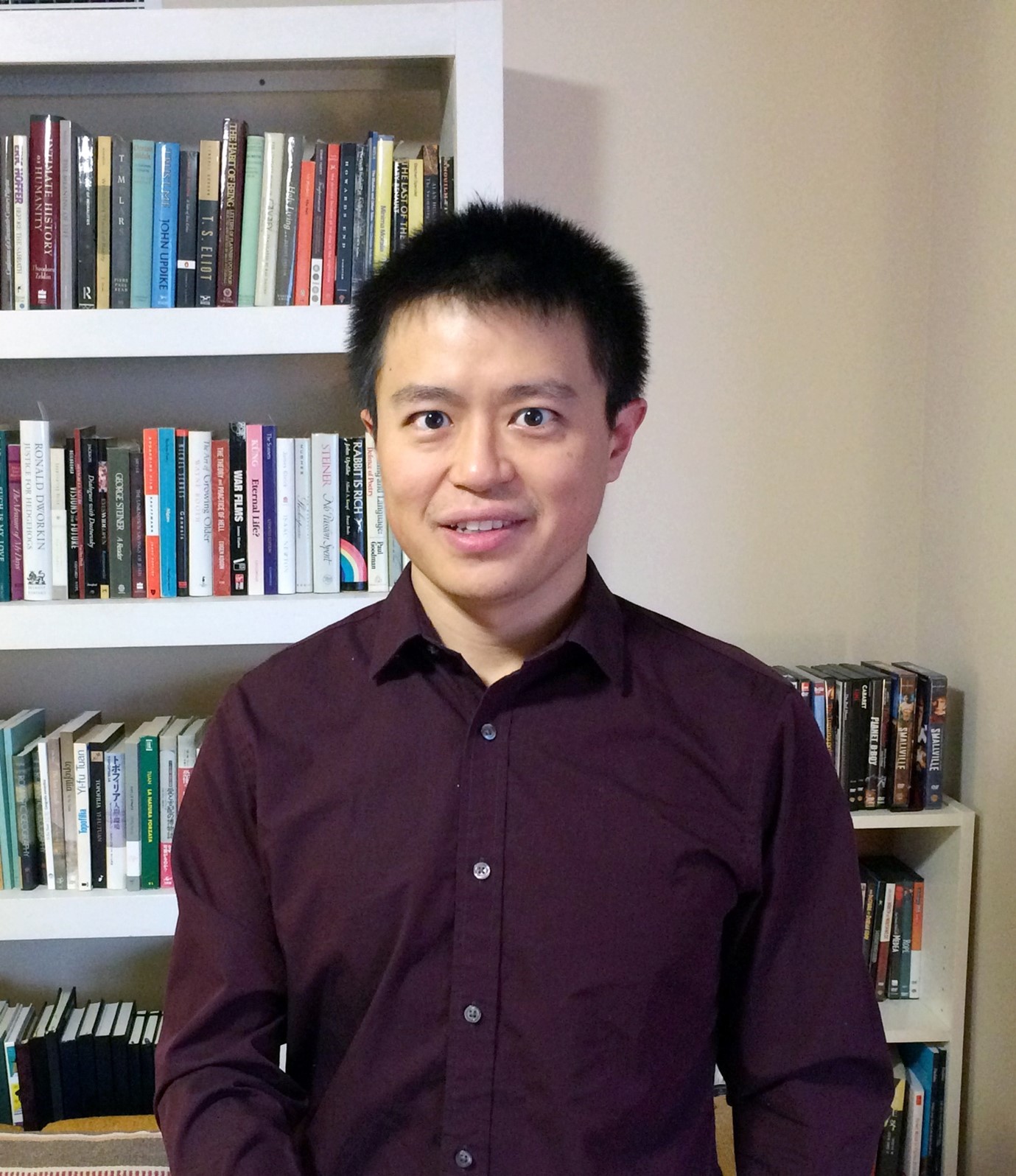
Technology has created new ways of working, shopping and living, freeing up time and connecting people across the globe, but not every aspect of it is positive, in the view of one Duke Kunshan University professor, who has been researching its impact on community.
Charles Chang, assistant professor of environment and urban studies, believes many societies are approaching a crisis of confidence and cohesion, with high-speed internet, smartphones, self-service checkouts, online shopping and banking, and social media driving isolation, distrust and division. Burgeoning tech such as driverless cars and artificial intelligence, could compound the problems, he said, but he also has confidence there are ways to reverse the trend.
“New technologies are advertised to connect people and to make friends. However, what if the people that these technologies have connected are only like-minded people?” he said. “What if the connections that new technologies have made are so customized that we can always stay in our comfort zone?”
Chang has conducted studies on perceptions of trustworthiness in social media, but it was recent personal events that began to really consolidate his view on the potential dangers of it and other technology.
“Last year, I learned that I had to spend a few days in my rented apartment in China under quarantine due to the COVID-19 policy,” he said. “At first, I thought that such a life would be unbearable. To the contrary, it turned out to be almost better.”
Chang ordered hot pot to his home without having to brave noisy local restaurants packed with smokers, listened to Riccardo Muti conduct the Berlin Symphony in his living room, minus the coughing and unruly children he might have encountered at the Shanghai Symphony Hall, and with a tap on his smartphone brought to life witty comedians from the comfort of his sofa.
The short term impact of all this tech was great, keeping him entertained, engaged and connected, but it also brought to his mind the question of how this digitization of life could be changing individuals and society at large for the worse.
Technology is making it ever-easier to live within a bubble, according to Chang, “forgetting that being human cannot be borne alone.”
“We need other presences, soft sounds of a mother speaking to her child in another part of the house, even the swishing sound of a car driving by when the window is half open, we need, as an American novelist put it, ‘the little clicks and sighs of a sustained otherness,’” he said.
Instead, modern apartments strive to be sound-proof, isolating people from one another within the family unit, and from the world outside, while an ever-expanding range of smartphone apps cater to individual preferences, he added. Moreover, as technology makes further headway, it may be that each family member can potentially enjoy his or her own musical ambience, room temperature, and even aroma, according to Chang.
“A family house may still be needed to the extent that it is a symbol of prestige, but the idea of home—a place of memory and intimacy—will surely disappear, if it hasn’t already done so,” he said.
“Language itself will change. Will the next generation of young Chinese even understand the expression ‘jia xiang’ (home town)?” he added.
Breakdown of communality within the home is a serious matter, but perhaps even more worrying is the loosening of bonds in the larger community outside the home—the neighbourhood, the city street, or town square, where one can enjoy the company of acquaintances and strangers, people who have different views and outlooks, according to Chang.
“Already, we have seen much change,” he said. “Only a few decades ago, people habitually left their homes to chat and gossip at newspaper stands, in tea houses, and during breaks in folklore theaters. Nowadays, almost all these places have disappeared. Instead, people chat in WeChat groups.”
While the breakdown of community in itself could be a somewhat depressing concept, the consequences of it could be even worse, in Chang’s view, with people potentially more divided and less trusting of others outside of their social group as a result and that could breed extremism.
Nevertheless, Chang is optimistic that something can be done to reinvigorate communalism.
“Perhaps soon we will consciously start building public places with crucial digital infrastructure so that people can engage with one another,” he said.
“In modern cities, there are designated smoking areas, bike lanes, and urban parks. Why can’t we have spaces where netizens can engage with one another physically?”
Rather than isolating people within a bubble, social media and smartphone apps could be used to connect more diverse groups, he believes.
“Broadly, it would be helpful to build some algorithms so that people can have meaningful interactions,” he said.
“For example, we can build algorithms to encourage urban residents to participate in events that advance social good, such as team sports or philanthropic events.”
Residential spaces could also be designed to encourage mutual assistance between people, according to Chang, such as watering a neighbor’s plants while they are on vacation, walking their dog alongside one’s own or tending a communal garden together.
“This sort of mutual help is likely only if people have known each other through not only communal activity, but through communal activity of a physical nature,” said Chang.
“Would growing flowers and vegetables in common space be such an activity? Sure, we interact when we gossip on social media, but at a far deeper level, we interact—we feel our common humanity—when we can smell one another’s sweat as we pull up the weeds.”
It is unclear how far technology will fragment society before people “recognize their fundamental need for the hum of life rather than isolation,” he said.
Potentially developments in technology must go hand-in-hand with a reawakened sense of duty and obligation toward acquaintances and strangers,“correcting and enhancing each other, if a truly humane habitat is to become reality,” he added.

